A series of short films, consisting of interviews with our partners, former and current colleagues, and independent experts, not only to celebrate more than 25 years of our work in Belgrade, but to critically reflect on that work and its results.
Trailer
Heinrich Böll Stiftung Belgrade - 25 Years of Meddling Documentary Series (Trailer) - Heinrich Böll Stiftung - Srbija, Crna Gora, Kosovo
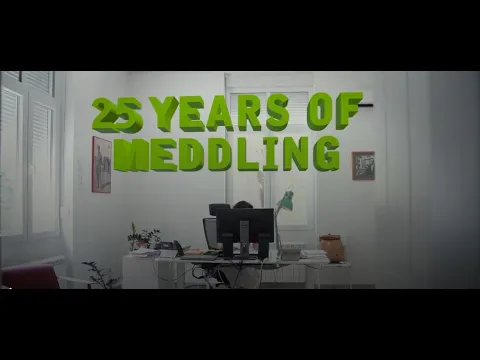 Watch on YouTube
Watch on YouTube
Meddling is the only way to stay relevant.Heinrich Böll
Episode 1: Transition and Early Days
EPISODE 1: Transition and Early Days | hbs Belgrade - 25 Years of Meddling - Heinrich Böll Stiftung - Srbija, Crna Gora, Kosovo
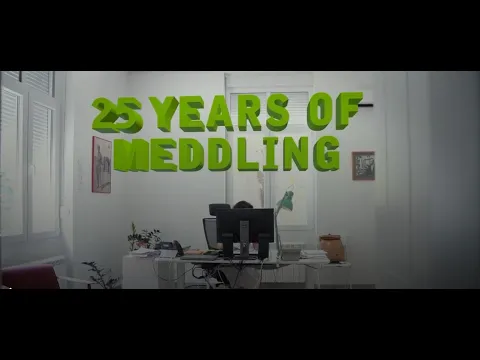 Watch on YouTube
Watch on YouTube
In the first episode of our documentary series, we start by looking back at the earliest days of our work in a war-torn and rapidly collapsing Yugoslavia, when the Foundation supported peace activists and movements across the former country from Berlin, before setting up offices in Sarajevo and Belgrade as soon as it became feasible to do so. We also trace the arc of transition with the help of prominent figures from the peace movement and civil society, from great expectations in the early 2000s to disappointment with the victors of October 5th and the pace of EU integration, culminating in the return to power of the same politicians who were supposed to have been relegated to the dustbin of history merely a decade ago.
Episode 2: Environment and Energy
EPISODE 2: Environment and Energy | hbs Belgrade - 25 Years of Meddling - Heinrich Böll Stiftung - Srbija, Crna Gora, Kosovo
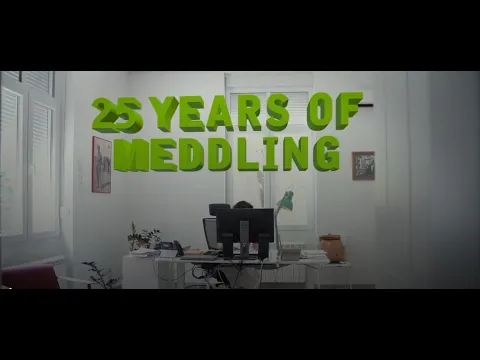 Watch on YouTube
Watch on YouTube
In contrast to our work on democratization, our environmental portfolio was slow to start. In the early years, there was little explicit work on the environment (let alone climate change), because all other topics were overshadowed by the need to set up democratic institutional arrangements and come to terms with the recent wartime past. However, our environmental work took off from 2013, when we introduced an Environment and Energy component to support the impulse from civil society to start tackling these issues and pressure the government to undertake necessary reforms in line with EU environmental regulations, while ensuring that those most vulnerable were not left behind. The second episode includes interviews with our partners in this component and current and former colleagues, covering a range of sub-topics such as energy law, energy poverty, citizen energy, and environmental reforms as part of the EU integration process.
Episode 3: Feminism and LGBTIQ+ Rights
EPISODE 3: Feminism and LGBTIQ+ Rights | hbs Belgrade - 25 Years of Meddling - Heinrich Böll Stiftung - Srbija, Crna Gora, Kosovo
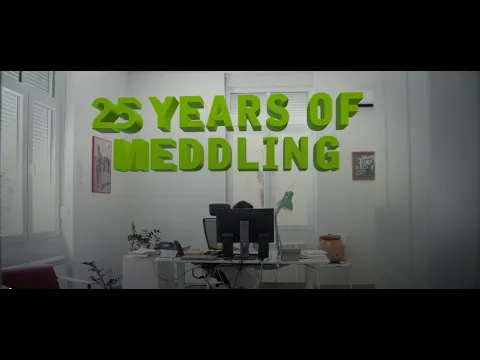 Watch on YouTube
Watch on YouTube
Gender democracy has always been one of the core concepts the Foundation insists on, so our work on the topic started early on but has evolved significantly over time. In the early days, this meant supporting feminist anti-war movements, which gave rise to other initiatives following October 5th. The most important of these was the establishment of women’s studies, first as an extra-institutional curriculum, and then as an official part of the curriculum at the Faculty of Political Science in Belgrade, as well as continued support for the rights and well-being of LGBTIQ+ people, including a landmark guide to LGBTIQ+ psychotherapy in the 2010s. Subsequently, our work with women’s initiatives focused on supporting rural women’s entrepreneurship and collaboration, mostly in Vojvodina, as well as in the North of Kosovo. Recently, we have worked with LGBTIQ+ organizations in Serbia, Montenegro, and Kosovo on reporting and monitoring hate speech and hate crimes against LGBTIQ+ people based on their sexuality or gender identity. These aspects of our work are covered in our third episode.
Episode 4: Urban Planning, Housing, and Independent Culture
EPISODE 4: Urban Planning, Housing, and Independent Culture | hbs Belgrade - 25 Years of Meddling - Heinrich Böll Stiftung - Srbija, Crna Gora, Kosovo
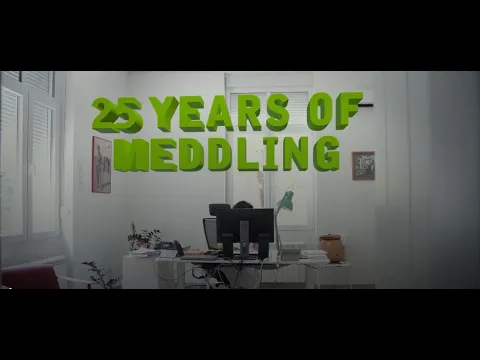 Watch on YouTube
Watch on YouTube
Episode 4 is the longest and was the most complex to assemble because it covers what has become our office’s flagship topic - urban planning, housing, and the commons. Thinking about urban commons began as a series of talks in the early 2010s, and a publication on what kind of city we should strive for. This gave rise to an ecosystem of partner organizations dealing with these topics in various ways, and a sprawling back catalog of progressive and imaginative work on independent culture, collaborative models of governance over common goods, beyond the hegemonic paradigm of nationalism and private ownership. Work on independent culture in particular has proven adept at breaking through that paradigm, enabling a cross-pollination of ideas between artists from Serbia, Montenegro, Kosovo, as well as other neighboring countries. More recently, this work has been directed at reaching out directly to citizens impacted by unwanted urban projects, providing them with urban planning expertise necessary to resist and make their voices heard through official channels.
